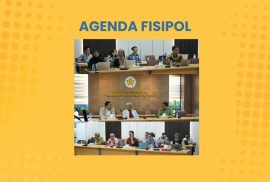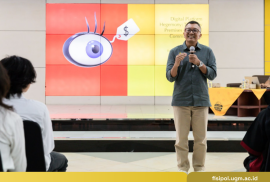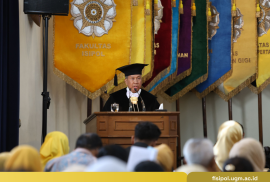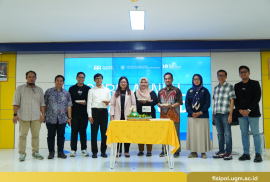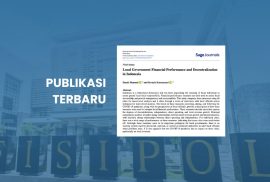Yogyakarta, 12 September 2025 — The International Relations Student Corps (KOMAHI) of the Faculty of Social and Political Sciences (FISIPOL) at Universitas Gadjah Mada officially opened the International Relations English Competition (IREC) 2025, a prestigious annual event for high school students across Indonesia. Over three days, from 12–14 September 2025, participants showcase their English proficiency while deepening their understanding of pressing global issues.
The event began with a keynote lecture by Arief Rizky Bakhtiar, Senior Officer for Analysis and Monitoring on Trade, Industry, and Emerging Issues at ASEAN, who offered insightful perspectives on regional trade dynamics, industry trends, and key strategic issues.



